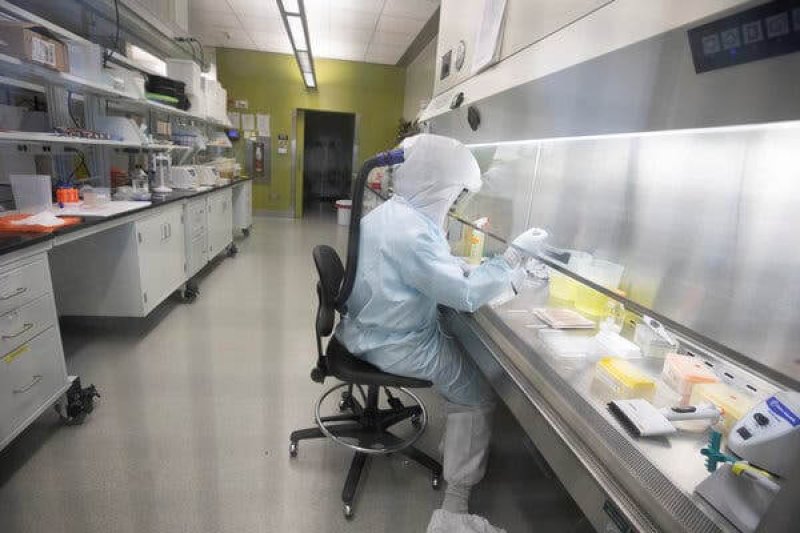As a newly discovered pneumonia-causing virus threatens to engulf China and spread far beyond its borders, governments and researchers are scrambling to create a preventive vaccine. But will it arrive too late to help people? And is it possible that we missed having a head start on its development?
…
Within days of the first documented 2019-nCoV case in China, researchers in the country unpacked the genetic blueprint of the virus, and more importantly, they shared it with the rest of the world. That transparency allowed researchers everywhere to quickly study the ins and outs of the virus and to start trying to create a vaccine for it.
…
Scientists have shown that the Wuhan virus is very genetically similar to SARS. That closeness should hopefully make any vaccine intended for SARS relatively easy to modify for Wuhan. [SARS vaccine researcher Peter] Hotez said he’s been in talks with the NIH and other federal agencies to reboot his team’s research, and he believes that they could start work immediately if they get the go-ahead, with practical results, such as knowing how safe their vaccine is to use in people, not too far behind.































